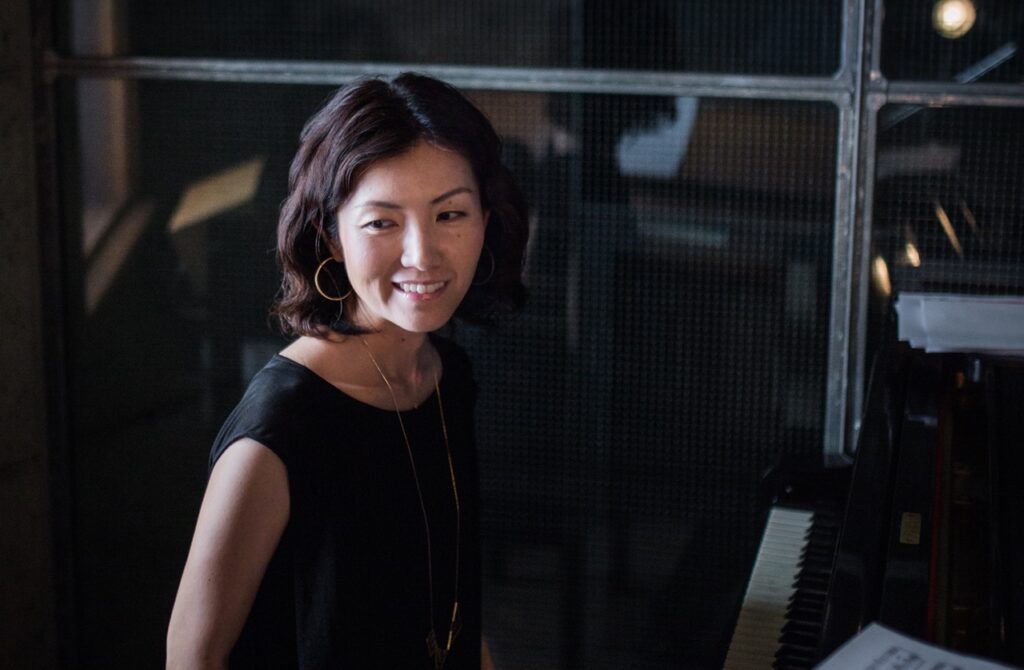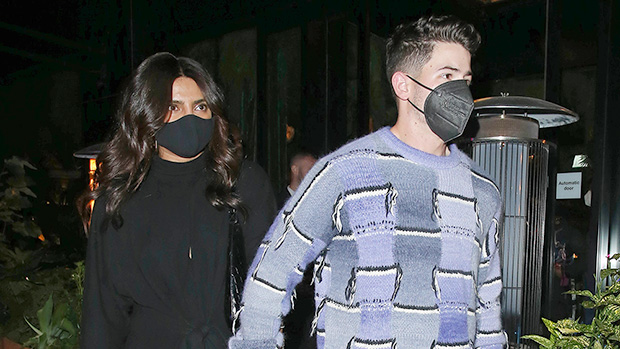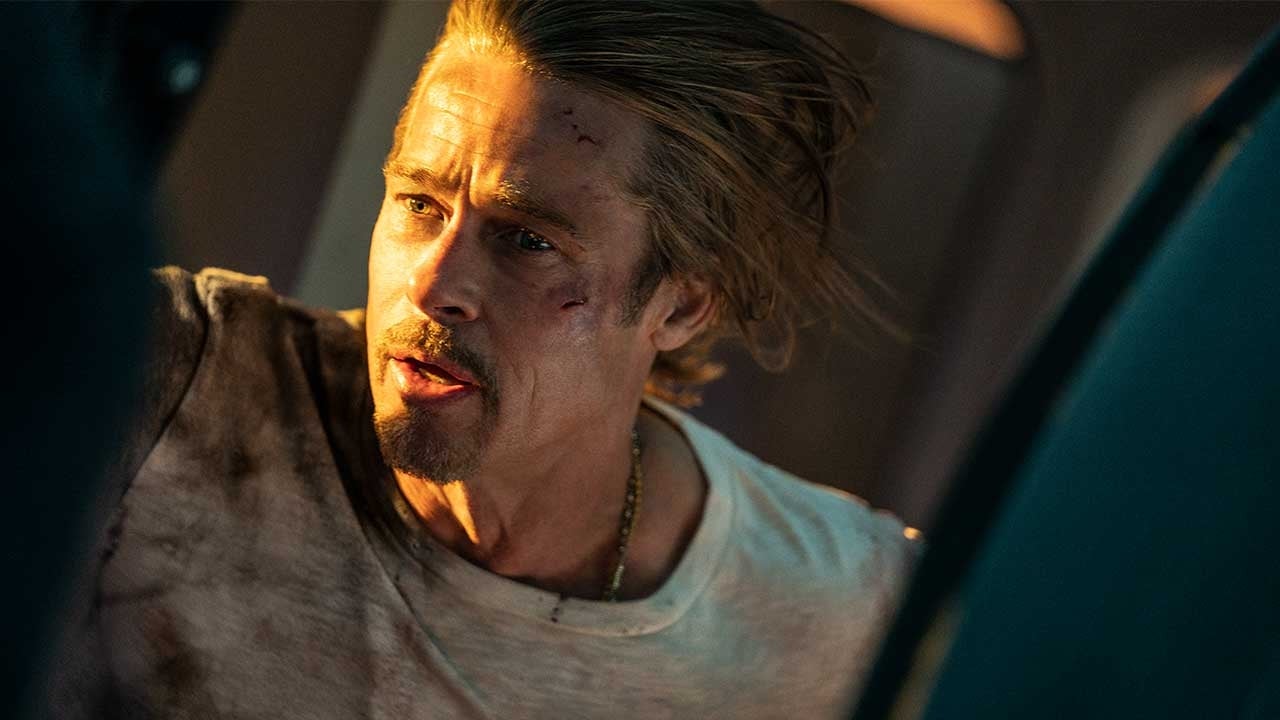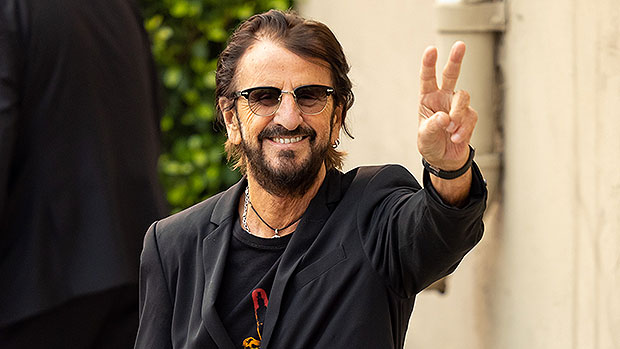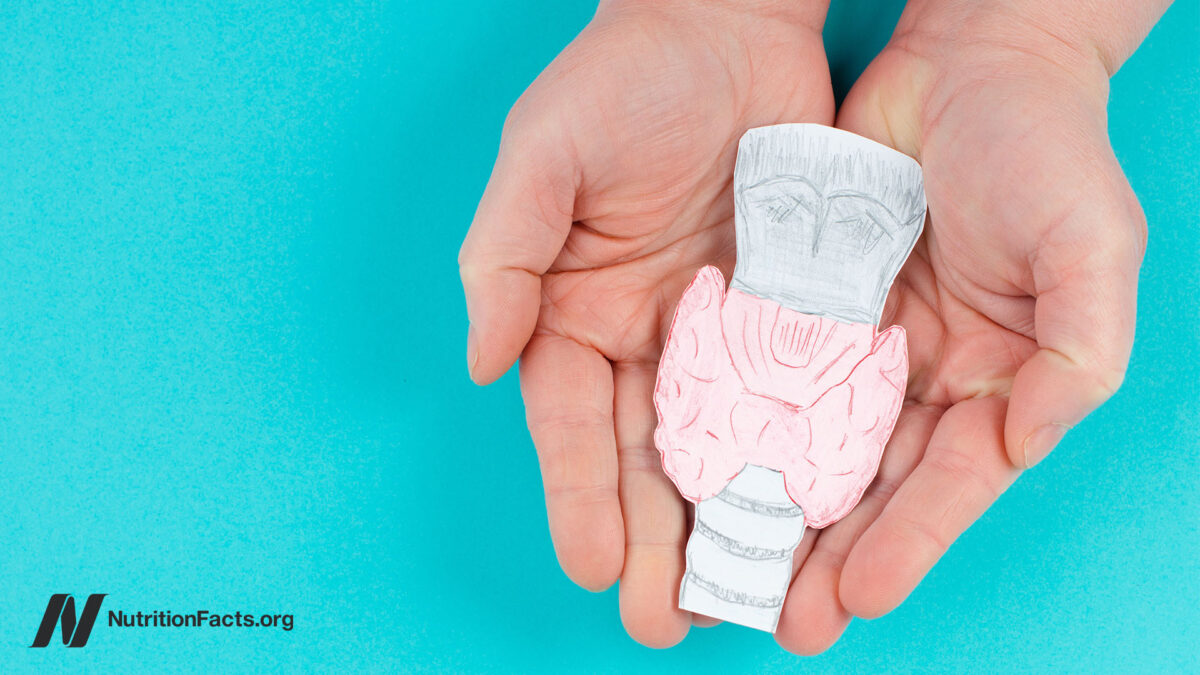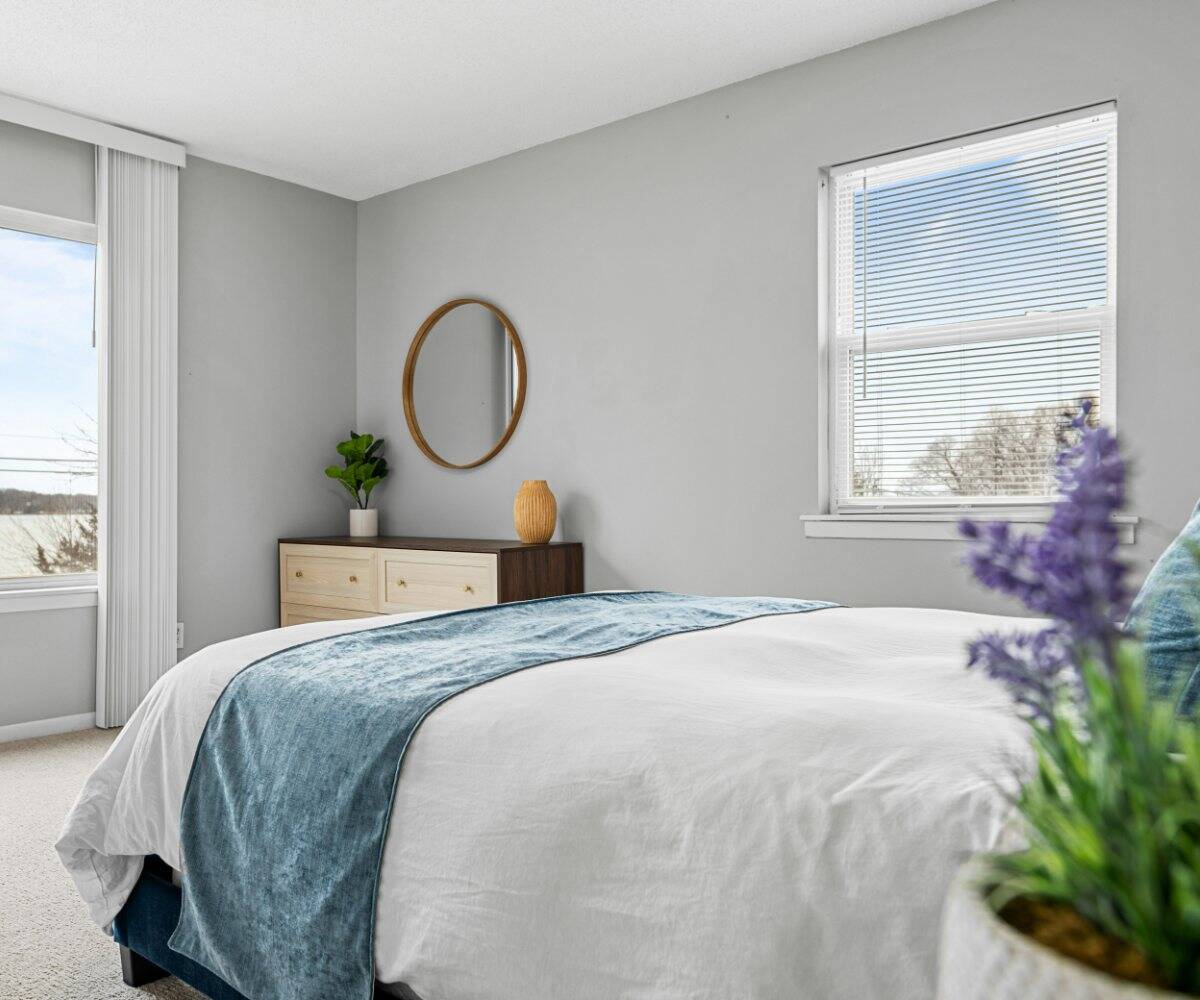Composer to Watch: Aiko Fukushima of “Samurai Rabbit: The Usagi Chronicles”
Not everyone can trace their career back to the town of their birth, but Aiko Fukushima’s origin story starts in the Japanese town where Yamaha, Kawaii, and Suzuki were all produced. “I started music because music was in my...
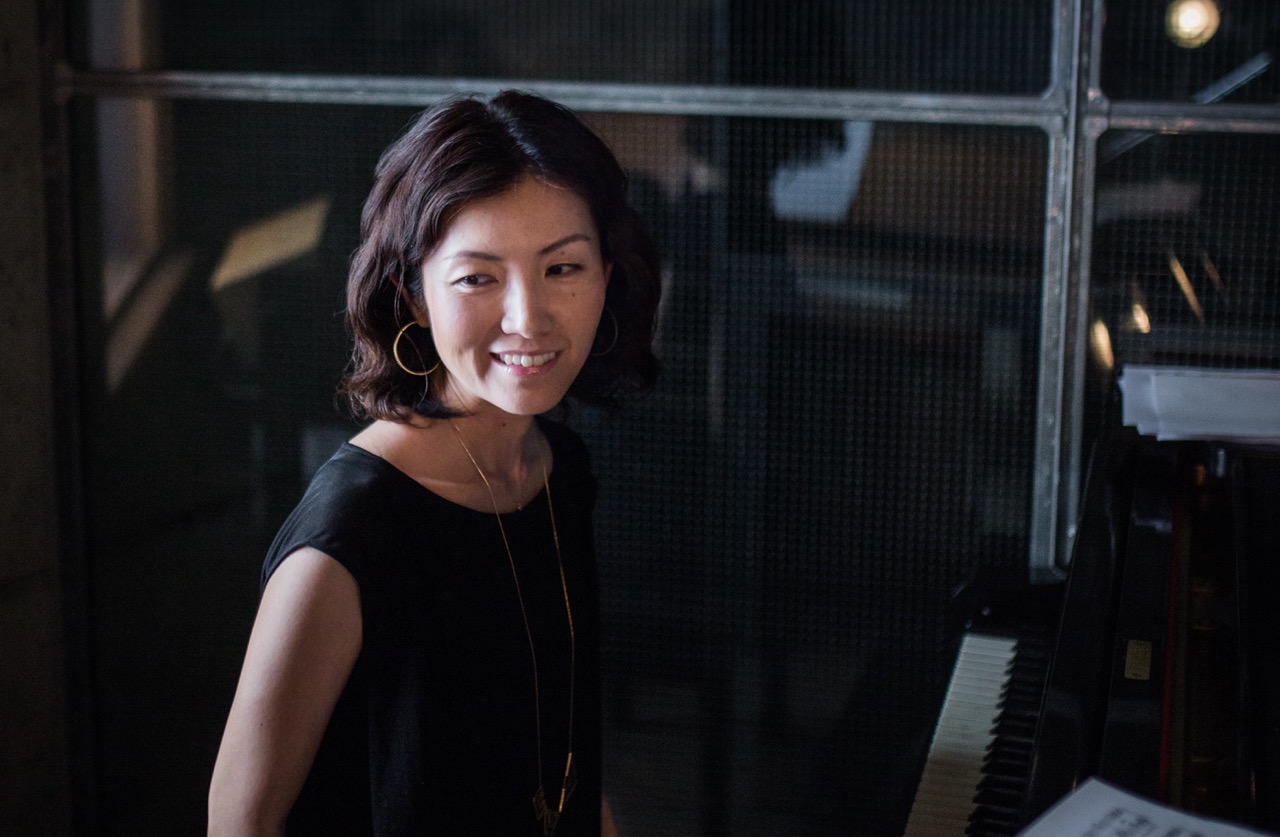
Not everyone can trace their career back to the town of their birth, but Aiko Fukushima’s origin story starts in the Japanese town where Yamaha, Kawaii, and Suzuki were all produced. “I started music because music was in my family, sort of. My mom is a piano teacher and also my dad used to work for Yamaha,” Fukushima said. “It was like a music city where I grew up. It was amazing and also competitive. I had a love and hate relationship because it was really hard, but I really appreciate that now that I had really great education about music theory.”
That foundation would serve her well as she moved from playing the piano to composing. “Yamaha has a system of piano practicing and also composing theory by grade and level. A lot of people I admired, a little bit older than me, were composing really interesting and amazing pieces and they were going on tour,” Fukushima said. She describes these teenagers, just a few years older than she was at the time as “just like genius kids. I wasn’t a genius, but I really admired those people.”
As she progressed in her music education, Fukushima got into jazz and studied at the Berklee College of Music. It was there that she studied film scoring with Jay Chattaway, who composed for “Star Trek Voyager,” and many other shows, and Mike Post, who composed for “Law and Order.” “I was always fascinated by film music growing up, so I was curious and wanted to learn how it works,” Fukushima recalled.
Fukushima has worked on a wide variety of films, documentaries, and television, including “District 9” and “Leaving Neverland.” Most recently, she composed the music for “Samurai Rabbit: The Usagi Chronicles,” an animated Netflix series for kids. “It was really challenging and fun at the same time,” she said. “The most challenging [part] musically for animation is that it changes so much and really fast. We need to correspond with what is happening on-screen and it goes really quickly.”
“Samurai Rabbit” follows a young rabbit, Usagi, as he goes to the big city, makes friends, and tries to become a samurai. The score combines traditional Japanese instruments with hip-hop and electronica. “The producers wanted to bring in hip-hop music for Usagi…because he is young and energetic. We had to do a lot of trial and error to insert hip-hop into the action scenes. It was challenging at first because it sounded too slow and we had to make it more action within the fight scenes,” Fukushima explained.
Another challenge was finding traditional Japanese instrumentalists and recording them during Covid. Fukushima found many of her musicians on YouTube and had to track down their contact information. It was also important that these musicians also be able to record themselves. “The traditional Japanese instruments – I couldn’t really use the already-existing sample sounds because they aren’t really good, so I recorded most of them live,” Fukushima said. “I didn’t want to limit myself to one of those usual suspects, so I did a lot of detective work.”
When asked about what she wanted to work on next, Fukushima was enthusiastic. “I really liked working with Japanese traditional instruments and I feel like it’s kind of my duty to show the world what the Japanese traditional instruments can do,” she said. “Really, like, putting together, the different ways, making it hybrid. I wanted to bring in something kind of weird.”
Listen to more of Fukushima’s work on her website. “Samurai Rabbit: The Usagi Chronicles” is now available on Netflix.

 AbJimroe
AbJimroe 